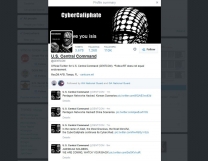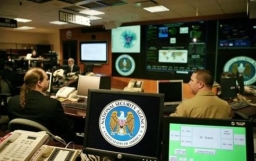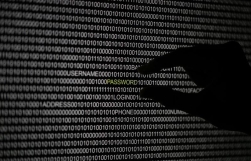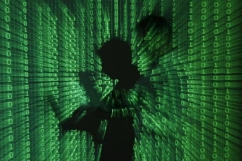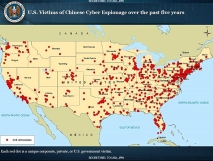
For two weeks, the United States' Department of Defense unclassified email system was shut down and taken offline after it became the subject of a "sophisticated cyber intrusion."
Now, Pentagon officials "strongly suspect" that Russia is behind this cyberattack, which affected 4,000 Defense Department employees and civilian personnel.
Military officials noted that the level of sophistication of the cyberattack indicates that only a state can be behind it—making Russia and China the most likely suspects for the intrusion.
"It was clearly the work of a state actor," said the Pentagon officials, who spoke on condition of anonymity.
The cyberattack was so sophisticated that it was able to access the Pentagon's network despite all the tight cyber protection that has been in place for years.
The officials further suspect that Russian hackers conducted the cyber assault through the use of encrypted accounts on social media.
The cyberattack used some kind of automated system that is capable of gathering massive amounts of data in a very short period of time, the officials added. The data were also distributed to thousands of accounts on the Internet within a minute.
Another senior Pentagon official, meanwhile, said the attack into the email of the Pentagon's Joint Staff "exposed a new and different vulnerability" in the agency.
The official called the cyberassault as a "spear phishing attack," which is a fraud attempt that involves e-mail spoofing with the goal of accessing confidential data.
The Pentagon's unclassified email system is expected to be back online again before the end of the week, as the agency concludes its investigation on the suspected Russia-backed cyberassault.
This is the second time this year that suspicion has been cast on Russia as the brains behind the cyberattack on the United States. Last April, Pentagon chief Ash Carter attributed to Russia a breach in the Pentagon's unclassified defence computer network.










